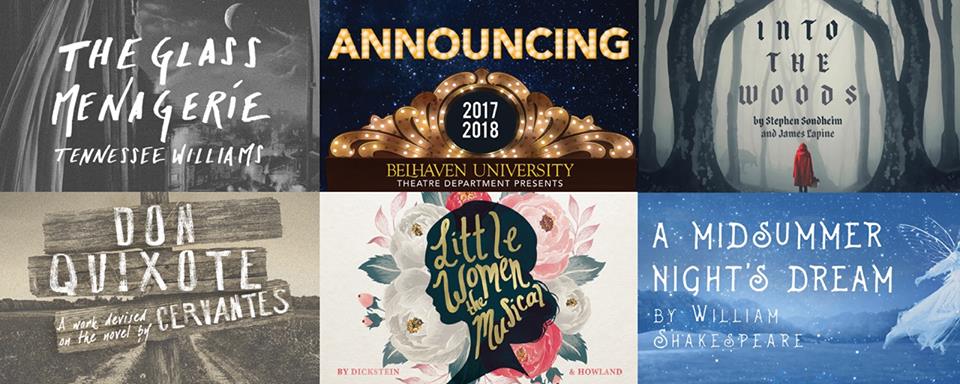Here is a fascinating Chicago Tribune article about the building of a new Sugar Plum Fairy costume for the Joffrey Ballet’s production of the Nutcracker… in 8 hours. Apparently, they needed a second costume built to fit a replacement dancer for the show, and had a short time frame to complete it. The article includes a time table on the completion of the outfit.
Monthly Archives: December 2010
Bailout Theatre at Judson Memorial Church, NYC
A link to a podcast put out by NYTheatre.com which is an interview with Rev. Michael Ellick, Jonny Goodman, and Micah Bucey, who run the Bailout Theater program based out of Judson Memorial Church in New York City (connected to the American Baptist Church). They advertise a free theatre or arts event coupled with a free meal. Their program will be expanding in 2011 to involve programs every Wednesday night, with a meal at 7:30, show at 8. They advertise that there will be “no cover, no catch, no proselytizing, no processed food.”
Art Factory
I just wanted to do a quick post and shout out to a place of healing and art.
…. and has a cool Belhaven connection as some of the founders of this place are the parents one of our theatre students here at Belhaven…. 🙂
The Art Factory Revealed from Rick & Mary Beth Holladay on Vimeo.
Opportunities for visual artists and those supporting the visual arts in Europe. The Art Factory is a faith-based initiative to rediscover the possibility of a creative and restorative relationship with God and encourage and enjoy the making of art.
Stage vs. Screen – theme?
This is a New York Times article by Jason Zinoman that reviews a stage adaptation of “Do Androids Dream of Electric Sheep?” the novel which inspired the classic sci-fi film, Bladerunner. There is a casual statement early in the article that I found intriguing…
“a downtown play is a better forum than a Hollywood blockbuster for a grim meditation on religion, consumerism and what it means to be human.”
I’ve been thinking about this comment in the past few days since I first saw the article, wondering if it’s true; that the forum of ‘a downtown play’ in and of itself is a better place for discussing issues so central to our existence. Certainly, I believe that the immediacy and presence of live theatre has the potential to take the discussion of issues such as these and deepen them in a very personal way, that a significant impression can be made on the audience of a theatrical presentation. And while I believe that some artists have been able to stretch the medium of film to create works with lasting effect, the category of movies with the label ‘Hollywood blockbuster’ rarely even attempt to function on that level. ‘Hollywood blockbuster’ films might be more comparable to ‘Broadway entertainment’ – where the form and purpose of the work is often more likely attempting to amuse or excite an audience, rather than to consider or examine the significant issues of their lives and a new way. And if that’s true, then those of us who are called to work in the theatre (particularly the kind which might deserve the label ‘downtown’) might consider that the scope of our work should perhaps include “religion, consumerism and what it means to be human.”
Juliet & Her Romeo — Production Pictures
Hey , check out our production pictures from Juliet & Her Romeo.
Thank you Merianne Dietrich Photography!
Martin Rayner, actor
Here is a blog about actor Martin Rayner, who recently starred as a dying Sigmund Freud in the Off-Broadway production of Freud’s Last Session by Mark St. Germain. Rayner collapsed on stage a few nights before the end of the run, at which point it became public that he has been battling cancer during the process of the play.
I was lucky enough to get to see one of the preview performances of the play during the 2010 Christians in Theatre Arts symposium in New York, and found both Rayner and his co-star Mark H. Dold to be excellent in their ability to capture the essence of the struggles and personality of their characters without succumbing to simple imitations of the historical figures. The play supposes a conversation in 1939 between Freud only weeks before his death and a young C. S. Lewis, after his conversion but before the bulk of the writing for which he is most known today.
